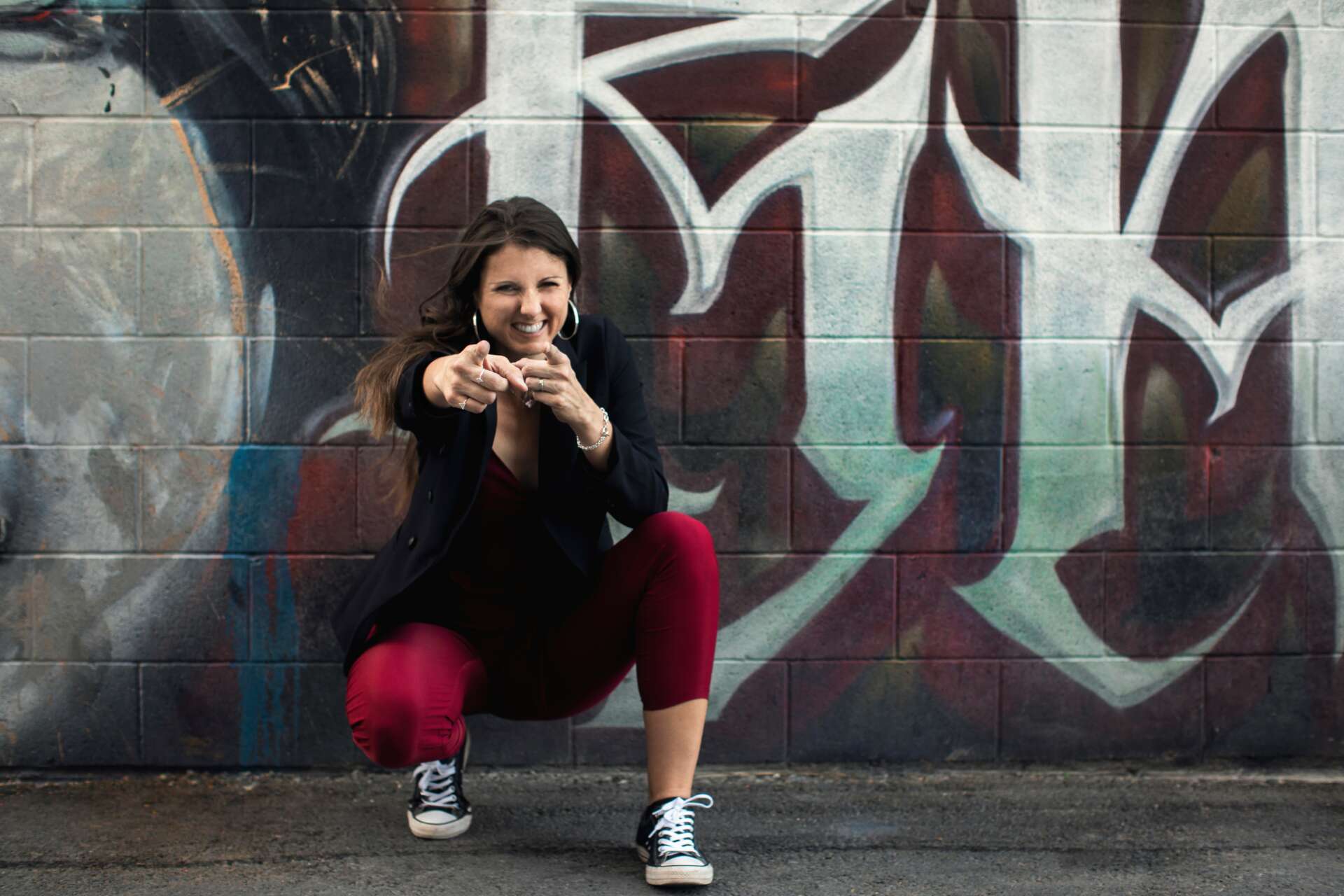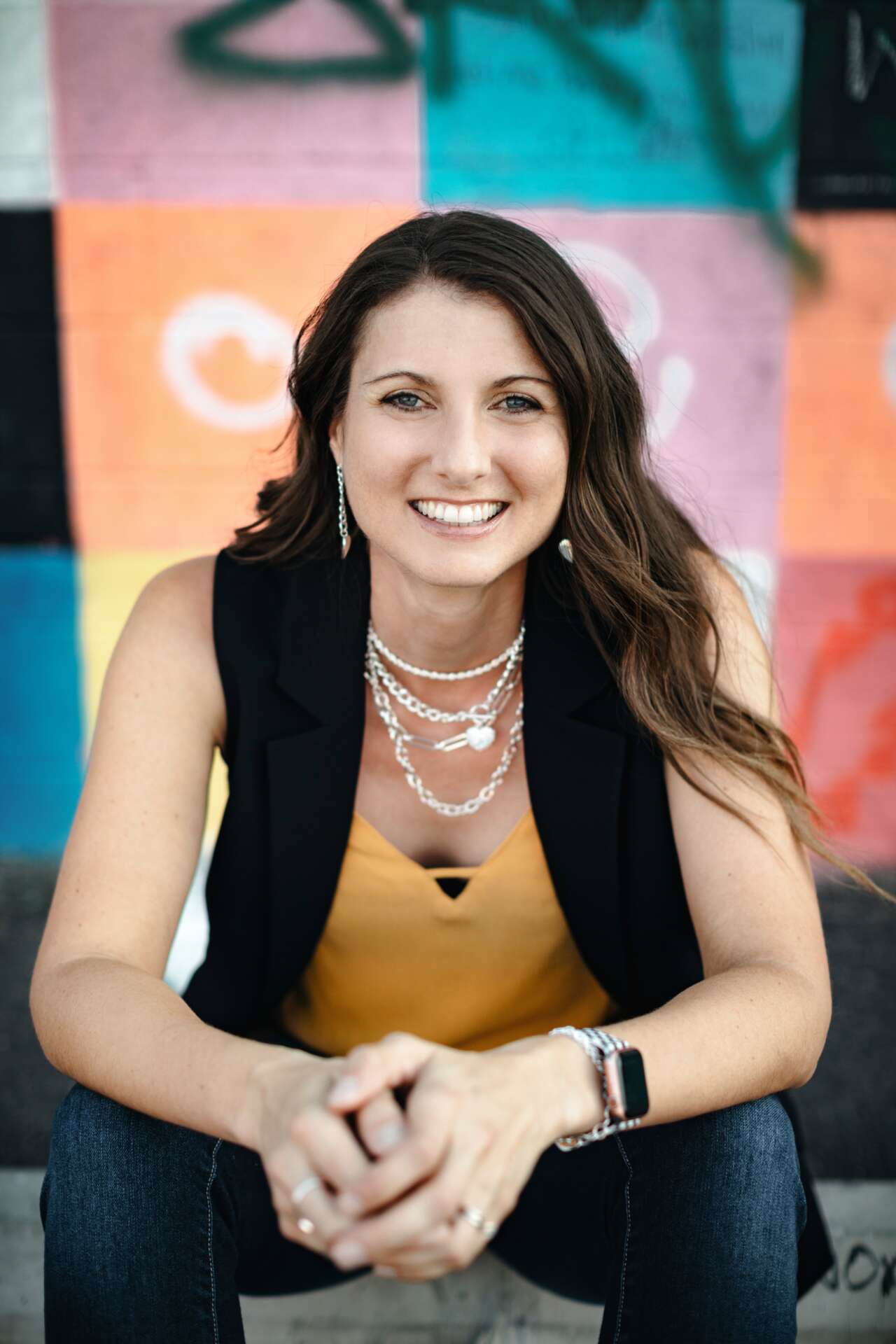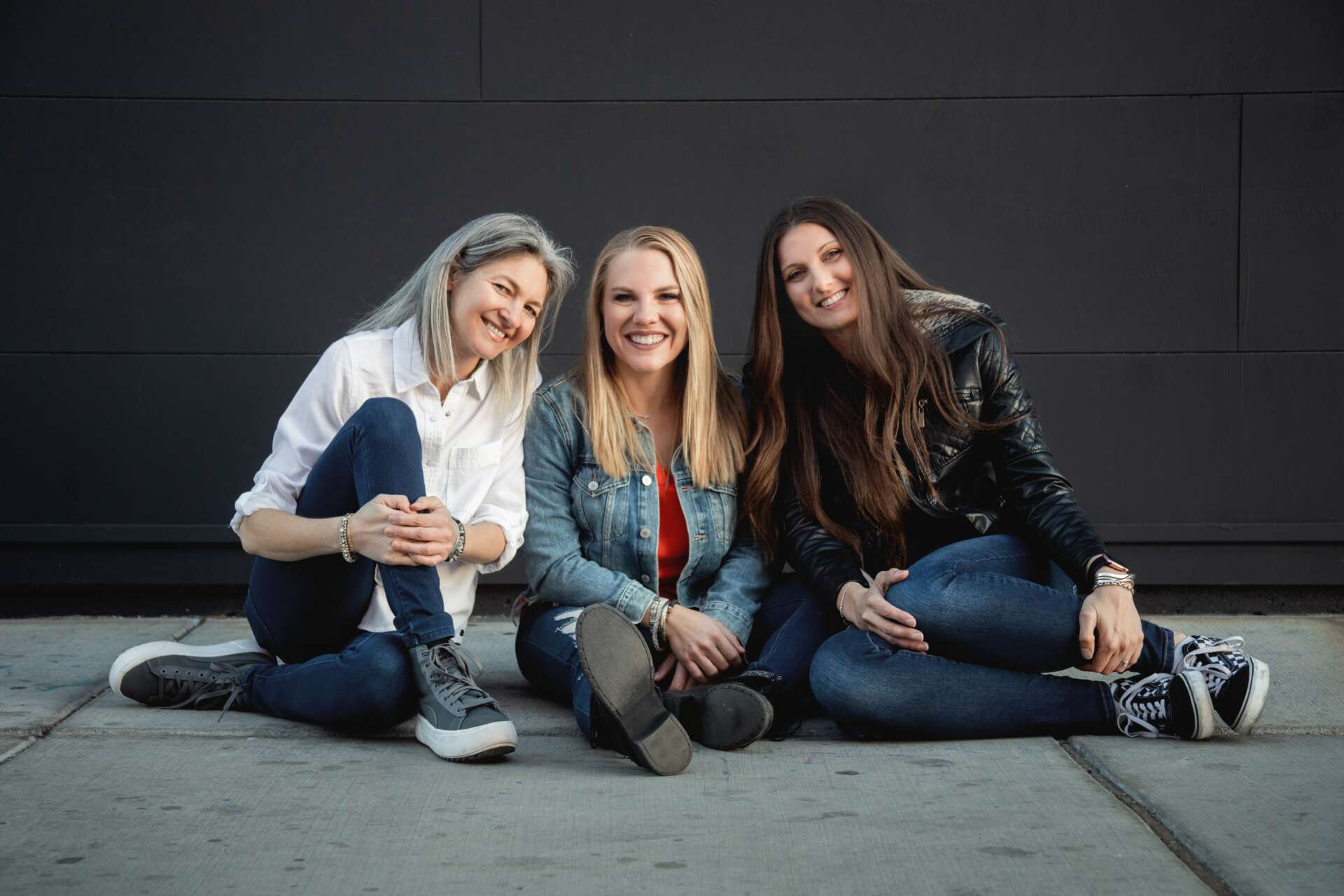We recently connected with Lauren Ball and have shared our conversation below.
Lauren, appreciate you joining us today. We’d love to hear the backstory of how you established your own practice.
I started my private practice back in 2020, when the world shut down. Back then, I was the clinical manager of an addiction treatment facility, and honestly, I was burnt out. I’d just finished a 3 year stint in college and collected internship hours as though they were straight from a fire hose. While other people were concerned about COVID, I was secretly relieved that I had a reason to stay home. While I absolutely loved my job, I had so many ideas about how I could make the place better. The unfortunate thing about working for a large company is that sometimes, no matter how wonderful you are at a thing, and how great the company is, change is slow and the stuff right in front of your face usually takes priority.
After being home for a month (waiting on COVID numbers to drop), my creativity took over and I somehow created an entire therapy business in my head. It crept from ideas to plans and from plans to websites. My ideas bled into marketing material and even low key networking (guilty as charged). Eventually, things were looking up with COVID and I went back to my clinical manager job to give it one last shot. While I had a great business plan, I was so passionate about the facility I was working for and the idea of leaving was truly terrifying and sad. Maybe something had changed? Maybe I’d somehow walk in and not be overworked and underpaid?
It took me a whole day back in the office to realize things weren’t any different. My head was full of ideas too big to fit in this office and they were all going to waste if I stayed there. I loaded my belongings into my truck that night, said a very grateful and bittersweet goodbye to all of the wonderful memories I had there and as I drove my truck home I knew that would be the last time I saw corporate America.
Not long after I jumped ship, I launched my private practice and announced it on facebook. Back then, we were still standing 6 feet apart and waiting in mile-long lines for toilet paper and meat. Most everyone was acting a little weird. People that didn’t have social anxiety started to get anxious in public, people who drank on the weekends started to drink daily. Not to mention, people’s parents were dying, families were fighting, teenagers were acting out. 2020 was a breeding ground for mental health issues.
While timing was a huge key to my success, I think a few other factors played a part. Some of which I’d recommend and some that I probably wouldn’t. Firstly, I went in with no plan B. It was going to work or I was going to die trying. I never thought, even for a second, that my business could fail. I never played through a scenario in my head where I had to go back to my day job. It just wasn’t an option.
Secondly, I’ll be honest, I set unrealistic expectations (or so I was informed by my peers). I told myself (and everyone else) I wasn’t seeing clients more than 3 days a week and I wasn’t going to take insurance. I was also going to double my clinical manager salary year one and I was doing it all from home.
I see so many posts in these therapist Facebook groups, laced with uncertainty and doubt, about owning a cash pay private practice. I see even more posts from therapists that are overworked, underpaid and burnt out. I imagine their client’s can tell.
My greatest advice to those going into business selling a service is this; confidence and self care breeds customers. If you doubt you are worth the number you are charging your clients will too. When you look at the people you admire most in life, the people you’d be willing pay, those people believe they are worth the cash, they don’t beat around the bush when you ask them their rate. I can give you 101 reasons why I’m worth every dollar I charge for my services. I will also tell you that my personal life comes before my business, 7 days a week. I work better after I’ve been out in the world socializing, riding my bike, and having breakfast with my husband. Don’t lose sight of why you started your own business in the first place. Money is useless if there’s no time to spend it.
As a therapist, this kind of attitude is almost frowned upon. I’m okay with that. Being a cash pay therapist and owning a thriving practice (now group practice!) actually allows me to spend more quality time on each of my clients, thereby creating real lasting change, and usually, referrals. Setting my rates right, prioritizing myself and my time away from my clients actually makes me a better therapist and a more efficient business woman. You’ll never hear me say I’m burnt out. What could be better than changing lives AND 4 day weekends? I can genuinely say I love the work I do.


Lauren, before we move on to more of these sorts of questions, can you take some time to bring our readers up to speed on you and what you do?
I’m a Licensed Clinical Social Worker, Licensed Clinical Alcohol and Drug Counselor, Clinical Social Work Supervisor and Founder of Recovery Unfiltered, a group practice focusing on disordered eating and body image distress. I have a strong interest in eating disorders, addiction, trauma, and most recently, OCD. We offer evidenced based practices, EMDR, ERP, DBT, and CBT to name a few. We take a non-diet, health at every size and intuitive eating approach to eating disorder recovery. Our group practice is small, yet powerful. We offer individual and group therapy services virtually to adults and teens. I also spend a fair amount of time providing consultation to other therapists interested in transitioning to cash-pay private practice.
Most all services at Recovery Unfiltered are provided from the comfort of the client’s home. We focus on helping clients decrease what are sometimes embarrassing behaviors and we are a safe space for the guilt and shame that many experience when they confront that stuff for the first time. Our clinicians have their own recovery stories and aren’t afraid to draw from those stories. We pride ourselves in holding clients accountable to forward movement. Sessions are often active and we expect clients to participate in homework and activities that actually leverage them toward their goals. If you are looking for a therapist to just talk at, we probably aren’t your best option. We are true to the photos on our website and what you see there, really is what you get. We are casual, real, and unfiltered. If I get a vote, we are all pretty fun too.



Training and knowledge matter of course, but beyond that what do you think matters most in terms of succeeding in your field?
Seeking the help of others that have come before me and actively offering help to those who need it has been an important part of building my business. When I started my business I bought a lot of people lunch. Believe it or not, people love to talk about their success and how they got there. For the most part, people get their kicks from bragging about their success (look at me over here writing this article in my spare time). A good meal is all you usually need to lure someone, sometimes even a latte will do. This same tactic works the other way around. Offering help to others is probably my most successful marketing strategy to date. I’m pretty active on social media and when I find someone in my field struggling I’ll happily jump on a zoom call with them or meet them for coffee. When you help a person out they remember you, and that’s all you’re really looking for when you are building business, to make an impression in someones mind.
It’s important to remember we are all assets to each other, not competitors. If you look around you’ve got Mc Donalds and Burger King on the same street corner and they are both doing just fine. You can’t give way to the idea that a market is saturated or that you have people in your field that are more experienced or better than you. That’s never going to lead you to success. We’ve all got something unique to offer. Look at this way and you’ll enjoy that coffee date a little more.



Any stories or insights that might help us understand how you’ve built such a strong reputation?
Reputation is important! I try to be very real and true to who I am. My first website was very much my version of what a private practice therapist should present like. It was fluffy, and warm, it used generic words that every other therapy website used. The funny thing about providing any service is that your customers are usually choosing based on who’s website they like the best. If I have a website and branding that isn’t very me, then who am I promoting anyway? At what point do I get to be myself? When I answer the phone? During our first session? Or do I just have to keep trying to live up to my super professional profile photo until the client terminates?
The reality is, I’m not fluffy and warm. I’m kind of unfiltered, I’m maybe even a little obnoxious sometimes. Im quirky, Im funny, and I’m not opposed to having a good time. When I revamped my website I wrote it like I was the one talking because in a big way, I’m actually the thing I’m selling, and I didn’t want to have to pretend to be anyone else when I answered the phone. From the moment I made my website reflect myself, my own personal values and my personality I got more calls. When I ask people why they chose me they often say “I liked your vibe” or “I felt like I connected with you”. I’ve met other therapists for the first time that told me they felt like they already knew me. Having a site that accurately reflects who I am has built my reputation faster than I could have done on my own and also works to effortlessly draw in my ideal client.
Contact Info:
- Website: www.recoveryunfiltered.com
- Instagram: @recoveryunfiltered
- Facebook: https://www.facebook.com/RecoveryUnfiltered
Image Credits
Melissa Jacks Photography


